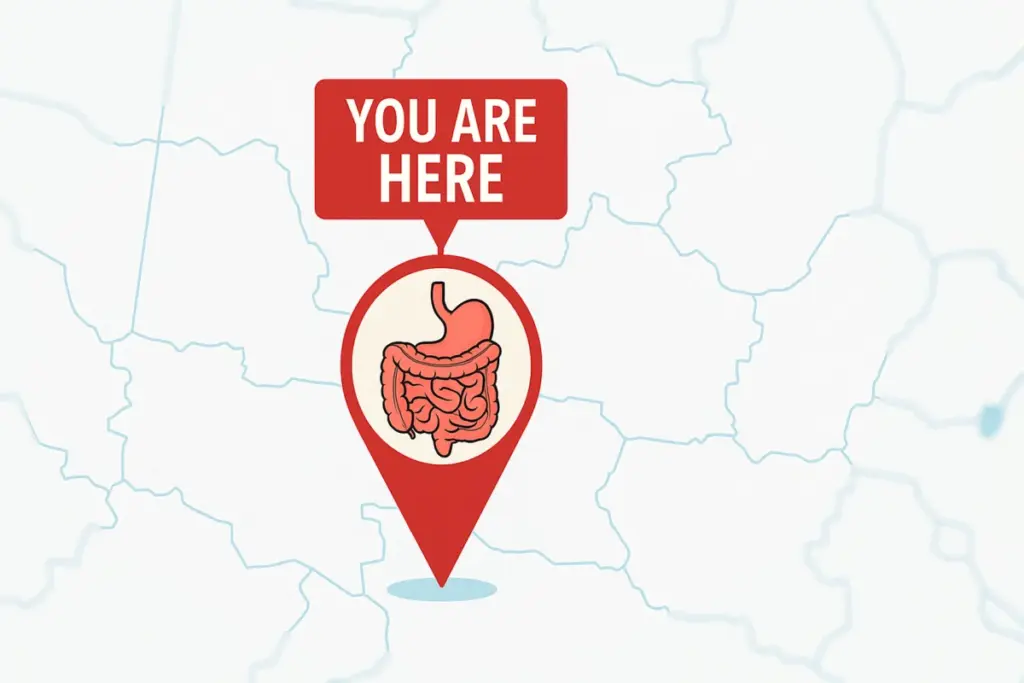
Recent research indicates that the gut microbiome can accurately predict an individual’s city of residence with an impressive 94% accuracy. Conducted by BGI Genomics, a leading precision medicine company based in China, this study reveals the intricate relationship between gut bacteria and geographic location.
The study, which involved 381 healthy Han Chinese adults from two cities in Hubei Province—Wuhan and Shiyan—challenges previous assumptions regarding the microbiome’s variability. According to Professor Li Tao from BGI Genomics’ Institute of Intelligent Medical Research, “This study challenges the long-standing belief that gut microbiota differences only matter at the scale of continents or provinces.” The findings suggest that even neighboring cities show distinct microbial patterns.
Researchers collected fecal samples from participants, who had no major illnesses and had not taken antibiotics in the three months prior to the study. Using advanced shotgun metagenomic sequencing, they identified 649 bacterial species and 515 metabolic pathways within the samples. The analysis revealed significant differences in microbial diversity and species composition between residents of Wuhan and Shiyan.
The gut microbiome of Wuhan participants exhibited higher levels of Bacteroides stercoris, a bacterium known for its role in breaking down complex carbohydrates and producing beneficial short-chain fatty acids (SCFAs). Conversely, Prevotella copri was more prominent in the Shiyan group, indicating variations in dietary habits. While the study did not directly assess participants’ diets, it suggested that local food sources could influence microbial composition.
Wuhan’s geography, characterized by its wetlands, likely leads to a diet rich in freshwater fish, lotus root, and leafy greens. In contrast, Shiyan’s food culture is influenced by neighboring areas that emphasize wheat-based meals, often seasoned with chili. The researchers developed a machine learning model that incorporated 16 bacterial species and 12 city-specific metabolic pathways, achieving a remarkable level of accuracy in predicting participants’ locations.
Despite the study’s promising findings, several limitations exist. The research focused solely on two cities, restricting the generalizability of the results. Additionally, the gender distribution among participants was uneven, with more men than women, potentially skewing the outcomes. The absence of dietary and lifestyle data also leaves unanswered questions regarding their impact on microbiome differences. Furthermore, the study did not monitor participants over time to determine the stability of these microbial signatures.
The implications of this research are significant. The ability to identify a person’s regional origin through gut microbiota could have practical applications in fields such as forensics and missing persons investigations. Furthermore, understanding regional and sex-specific microbiota differences may enhance the effectiveness of dietary interventions and probiotics.
As machine learning continues to evolve, combining it with microbiome profiling could pave the way for predicting disease risks and monitoring population health on a geographic basis. The study underscores the remarkable potential of the gut microbiome and its connection to our environment.
This groundbreaking research was published in the journal Frontiers in Microbiology, further contributing to the ongoing exploration of the gut microbiome’s role in human health.







